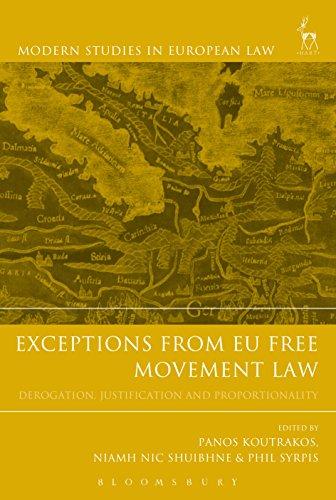Question
HELP NEEDED ON THIS CASE. Marbury v. Madison (1803) When Thomas Jefferson defeated the incumbent president, John Adams, in the presidential elections of 1800, Adams
HELP NEEDED ON THIS CASE.
Marbury v. Madison (1803)
When Thomas Jefferson defeated the incumbent president, John Adams, in the presidential elections of 1800, Adams feared the Jeffersonians' antipathy toward business and toward a strong national government. Adams thus rushed to "pack" the judiciary with loyal Federalists (those who believed in a strong national government) by appointing what came to be called "midnight judges" just before he left office.
But Adams's secretary of state (John Marshall) was able to deliver only forty-two of the fifty-nine judicial appointment letters by the time Jefferson took over as president. Jefferson refused to order his secretary of state, James Madison, to deliver the remaining commissions.
Marshall's Dilemma
William Marbury and three others to whom the commissions had not been delivered sought a writ of mandamus (an order directing a government official to fulfill a duty) from the United States Supreme Court, as authorized by the Judiciary Act in 1789.
As fate would have it, John Marshall had just been appointed as chief justice of the Supreme Court. Marshall faced a dilemma: If he ordered the commissions delivered, the new secretary of state (Madison) could simply refuse to deliver themand the Court had no way to compel him to act. At the same time, if Marshall simply allowed the new administration to do as it wished, the Court's power would be severely eroded.
Marshall's Decision
Marshall masterfully fashioned his decision to enlarge the power of the Supreme Court by affirming the Court's power of judicial review. He stated, "It is emphatically the province and duty of the Judicial Department to say what the law is. . . . If two laws conflict with each other, the Courts must decide on the operation of each. . . . [I]f both [a] law and the Constitution apply to a particular case, . . .the Court must determine which of these conflicting rules governs the case."
Marshall's decision did not require anyone to do anything. He concluded that the highest court did not have the power to issue a writ of mandamus in this particular case. Although the Judiciary Act specified that the Supreme Court could issue writs of mandamus as part of its original jurisdiction, Article III of the Constitution, which spelled out the Court's original jurisdiction, did not mention such writs. Because Congress did not have the right to expand the Supreme Court's jurisdiction, this section of the Judiciary Act was unconstitutionaland thus void. The Marbury decision stands to this day as a judicial and political masterpiece.
QUESTIONS TO ANSWER WITH EXPLAINATION
Who are the parties in this case?
What went wrong - why are they in court?
What court is the opinion from - is it a trial court or appellate court?
What question did the court have to decide in this case?
What facts did the court focus on in deciding the case?
Step by Step Solution
There are 3 Steps involved in it
Step: 1

Get Instant Access to Expert-Tailored Solutions
See step-by-step solutions with expert insights and AI powered tools for academic success
Step: 2

Step: 3

Ace Your Homework with AI
Get the answers you need in no time with our AI-driven, step-by-step assistance
Get Started


